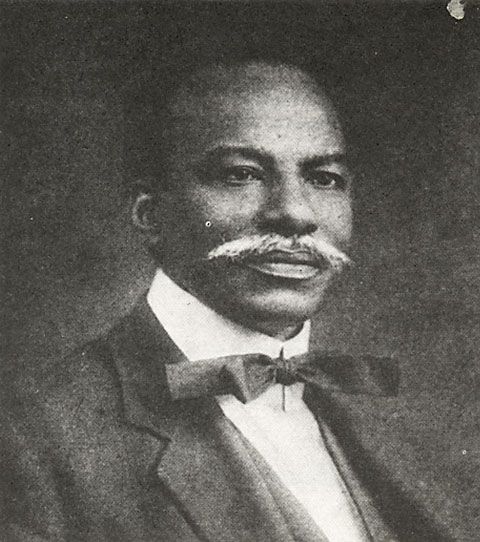Before Danfos, Koropes and Benzes ruled the roads, there was one car—and one bold man behind the wheel.
Today, Nigeria’s roads are a sea of Toyotas, Hondas, and the occasional Range Rover with tinted windows. But long before Okadas and ride-hailing apps entered the scene, there was just one car—a mechanical curiosity that rolled through dusty paths and drew crowds like a magician.
Let’s rewind to a historic moment in Nigerian transport: the arrival of the very first car.
The Year: 1901
That’s right. Over 120 years ago, while most people still relied on horses, foot travel, or river canoes, a car made its debut in what was then the British colony of Nigeria.
The man responsible?
Herbert Macaulay, Nigeria’s famous nationalist, engineer, and all-around trailblazer. But while Macaulay played a huge role in the country’s political development, it was a British colonial officer named Sir Frederick Lugard who is most often credited with bringing the first car to Nigeria.
Why a Car in 1901?
At the time, there were no proper roads—just paths used by carts and porters. The British administration was building railways and outposts, and needed more efficient ways to move people and goods. Enter: the automobile.
Lugard imported a steam-powered car—likely a Benz or similar early model—into Calabar (then part of the Niger Coast Protectorate), and from there it made its way to Lagos, the colonial capital.
Reactions from Locals: Magic on Wheels
To many Nigerians, this strange contraption was a marvel.
-
It made noise without animals.
-
It moved fast—faster than any cart or canoe.
-
It smelled like kerosene and shook the ground.
Some people reportedly ran in fear. Others gathered in awe. For many, it was their first encounter with modern industrial technology—and it sparked both fascination and fear.
Who Drove It?
At first, British engineers and officials handled the driving. But within a few years, Nigerians began learning to drive and repair these machines. Early Nigerian mechanics and drivers became essential in helping expand the use of automobiles across the country.
By the 1920s and ’30s, wealthy Nigerians and influential chiefs began importing their own cars, often with chauffeurs trained by the British. Owning a car was more than transport—it was a status symbol.
How It Changed Nigeria
The arrival of that first car started a ripple effect:
-
Roads were built and expanded.
-
Trade routes grew beyond rivers and rail.
-
Urbanization picked up speed—cities like Lagos, Ibadan, and Kano began to sprawl.
-
The local transport industry (now a massive sector) was born.
From that single imported car, an entire culture of movement began to form—one that would later give rise to Danfo buses, Molue legends, ride-hailing tech, and Nigeria’s unique car culture.
From Curiosity to Culture
The story of Nigeria’s first car isn’t just about four wheels—it’s about innovation, colonization, aspiration, and identity. That early puffing machine rolling down a dirt path was more than metal—it was a symbol of change.
And today, whether you’re stuck in Lagos traffic or cruising on the expressway, you’re riding on the legacy of that very first car.
